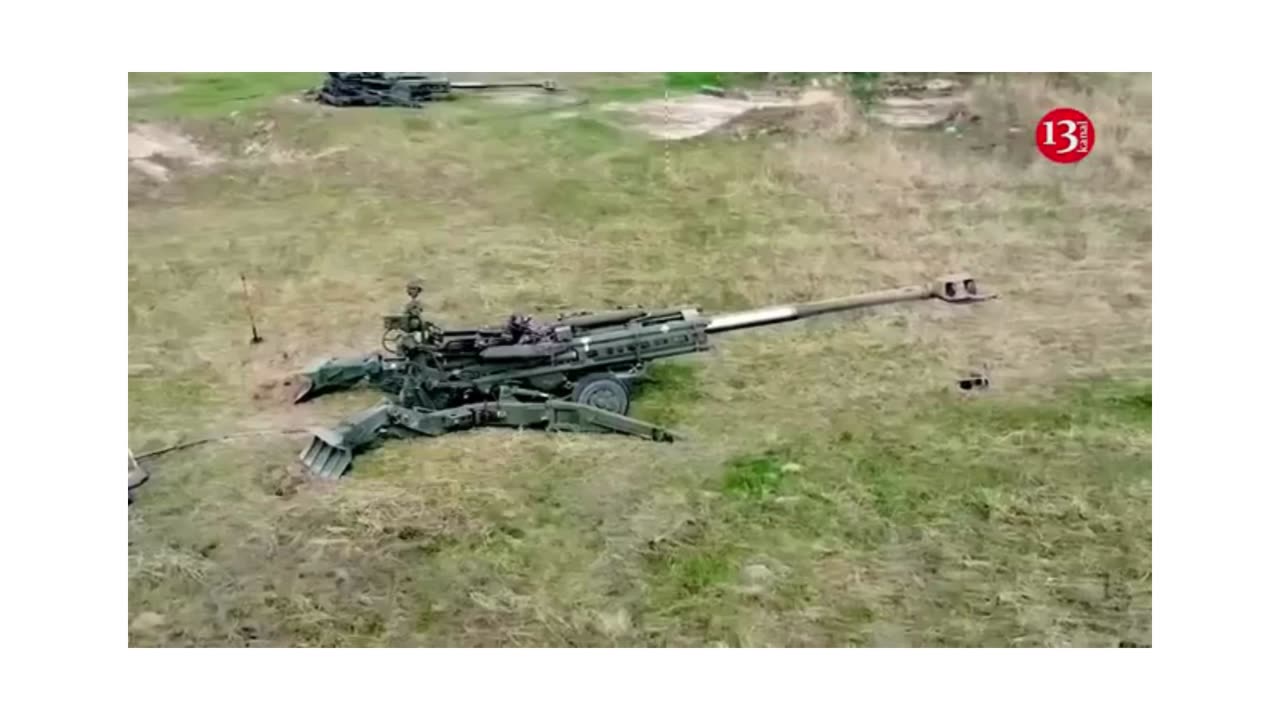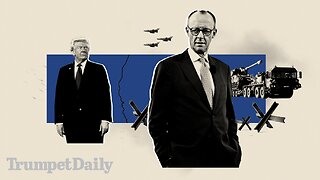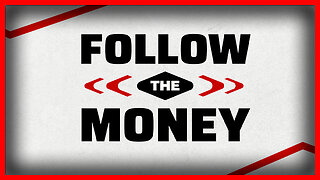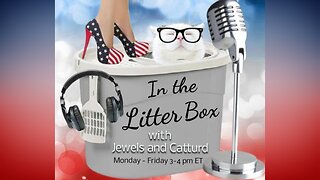Premium Only Content

Kremlin propaganda confesses the weakness of the Russian Federation due to Kursk
The celebration of the 33rd Independence Day of Ukraine in Kyiv, which took place against the backdrop of the Ukrainian Armed Forces' offensive in the Kursk region, caused a very painful reaction in Moscow. Kremlin propaganda began to talk about the disappointment of Russians and demanded to fight "for real".
Russian "political scientist" Sergei Mikheev made a hysterical statement about this on the air of the talk show "Evening with Vladimir Solovyov".
" And when we see another Independence Day, and they stand quietly in the square, and we fight in the Kursk region, this raises questions and leads to a loss of trust! This leads to a loss of trust! If the people see such things and do not understand, demobilization occurs, internal demotivation occurs... With the means by which the war is now being waged, we will not achieve these goals... We will not achieve them ," the propagandist complained. The Russian opposition resource "Sower of the Wind" commented on the hysteria of the Kremlin propaganda. " The Z-correspondents on Russian state television continue to stamp their feet in impotence and demand "to fight for real". But what is happening now is for real. The armchair patriots, accustomed to tales about the "Armata" and combat robots, cannot believe that the world's second army is not capable of more. But everything it could, it has already shown and used. What Solovyov calls "demoralization" is in fact simply a stage of acceptance ," the channel wrote.
Aside from a few headlines, though, Ukraine’s bold strategic gamble has gone largely unnoticed. That’s a shame because Kyiv’s initiative—and Moscow’s response to it—has made clear that persistent Western fears of Russian brinkmanship are overblown.
Up until now, both U.S. and European policies have been defined by caution and fear of Russian risk-taking. While President Biden has pledged to back Kyiv’s fight for “as long as it takes,” in practice, his administration has been slow to provide Ukraine with the weaponry it needs to win the fight decisively. And even when it has, that aid has been accompanied by onerous restrictions that have had the effect of limiting Ukraine’s fighting potential. European nations, meanwhile, have taken their cues from Washington and settled in for a long campaign of incremental assistance to Ukraine. The result has been a situation that—at least until recently—had settled into a strategic stalemate and positional warfare.
That’s the equation Ukraine’s push into Russia is attempting to alter. In the process, however, it has also laid bare the hollowness of Moscow’s threats of strategic escalation in response to battlefield setbacks. President Vladimir Putin has not ramped up the conflict in conventional terms. Nor has he used nuclear weapons against Russia’s western neighbor, as Russian officials have threatened in the past. Indeed, even with Ukrainian troops now entrenched in Russian territory, the Kremlin hasn’t made any maneuvers that could threaten to escalate the conflict further.
-
 1:00:54
1:00:54
The Tom Renz Show
6 hours agoMore Epstein/FBI, a Scary Trade War, & the Dem Echo Chamber
829 -
 40:43
40:43
Kimberly Guilfoyle
7 hours agoDems Double Down on Delusion-Why? Live with Tony Kinnett & Bo French | Ep.202
61.7K30 -
 1:28:42
1:28:42
Redacted News
5 hours agoBREAKING! SOMETHING BIG IS HAPPENING IN EUROPE ALL OUT WAR IS COMING AGAINST RUSSIA, TRUMP FURIOUS
108K262 -
 47:50
47:50
Candace Show Podcast
6 hours agoBREAKING: Judge Makes Statement Regarding Taylor Swift's Text Messages. | Candace Ep 155
113K105 -
 DVR
DVR
Josh Pate's College Football Show
3 hours agoCFB’s Most Hated Teams | FSU & Clemson Future | Big Ten Win Totals | Star Rankings Overrated?
5.76K -
 1:33:47
1:33:47
CatfishedOnline
4 hours agoGoing Live With Robert - Weekly Recap
19.4K -
 55:18
55:18
LFA TV
1 day agoEurope’s Sudden Turn Against America | TRUMPET DAILY 3.6.25 7PM
25.5K3 -
 4:21
4:21
Tundra Tactical
4 hours ago $1.38 earnedPam Bondi MUST Enforce Due Process NOW!
18.4K1 -
 56:42
56:42
VSiNLive
5 hours agoFollow the Money with Mitch Moss & Pauly Howard | Hour 1
43.6K1 -
 1:05:32
1:05:32
In The Litter Box w/ Jewels & Catturd
1 day agoShalom Hamas | In the Litter Box w/ Jewels & Catturd – Ep. 756 – 3/6/2025
98.7K37